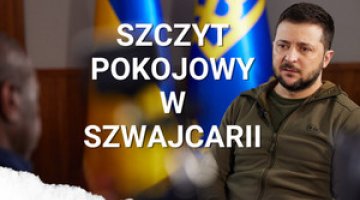Ukraine: Yuri Lutsenko pardoned
On 7 April, President Viktor Yanukovych pardoned six people convicted of corruption offences, including Yuri Lutsenko, a former interior minister in Yulia Tymoshenko’s government, and Heorhiy Filipchuk, a former ecology minister in the same government.Lutsenko was immediately released from prison. His pardon came at the request of the Supreme Council’s representative on human rights, as Lutsenko himself had consistently refused to ask the president for a pardon (which the other five had done). However, Lutsenko’s release from prison does not mean that his conviction has been quashed; therefore, in accordance with the law, he will be deprived of his right to stand for election for the next eight years (until the expungement of the conviction).
Commentary
- Yanukovych’s decision represents a step in the direction of the European Union, which is intended to lead to an improvement in relations between Brussels and Kiev, and to pave the way for the signing of the Association Agreement at the Eastern Partnership Summit in Vilnius. Lutsenko’s release was possible because the authorities do not consider him as a political threat (in contrast to Yulia Tymoshenko). However, we may assume that this is the only concession which President Yanukovych and his entourage are willing to make. In particular, we must not expect the reform measures which the EU requires to be implemented. At most, we may expect some superficial reforms, but these will not result in any real democratisation of the system. In addition, the introduction of any legislative changes would make the worsening parliamentary crisis (the opposition is blockading the parliament) even more difficult. Nor should we expect the release (for example, in the form of a pardon) of Yulia Tymoshenko, whom the ruling elite still consider a real threat to the existing political system. As a result, this improvement in relations between the EU and Ukraine will be short-lived.
- Lutsenko is likely to return to active political life, as long as his health allows him to. From his initial statements, he does not appear to have a clear plan of action, although he has declared that he will not aspire to the role of leader of the opposition, nor will he attempt to revive the currently non-existent Self-Defence party, which he led before his arrest. It seems likely that Lutsenko, while unable to stand for election, will focus on organising protests, in which he has extensive experience as one of the organisers of the ‘Orange Revolution’; in this way he will build up his popularity, and also perhaps a new social movement.
- It is difficult to assess the current levels of support for Lutsenko, but his talent as a speaker at mass meetings and as an organiser could bring him a rapid increase in popularity – which in turn will raise the disquiet of other opposition leaders, especially Arseniy Yatsenyuk and Oleksandr Turchynov, the leaders of Batkivshchyna, the party ideologically closest to Lutsenko.





